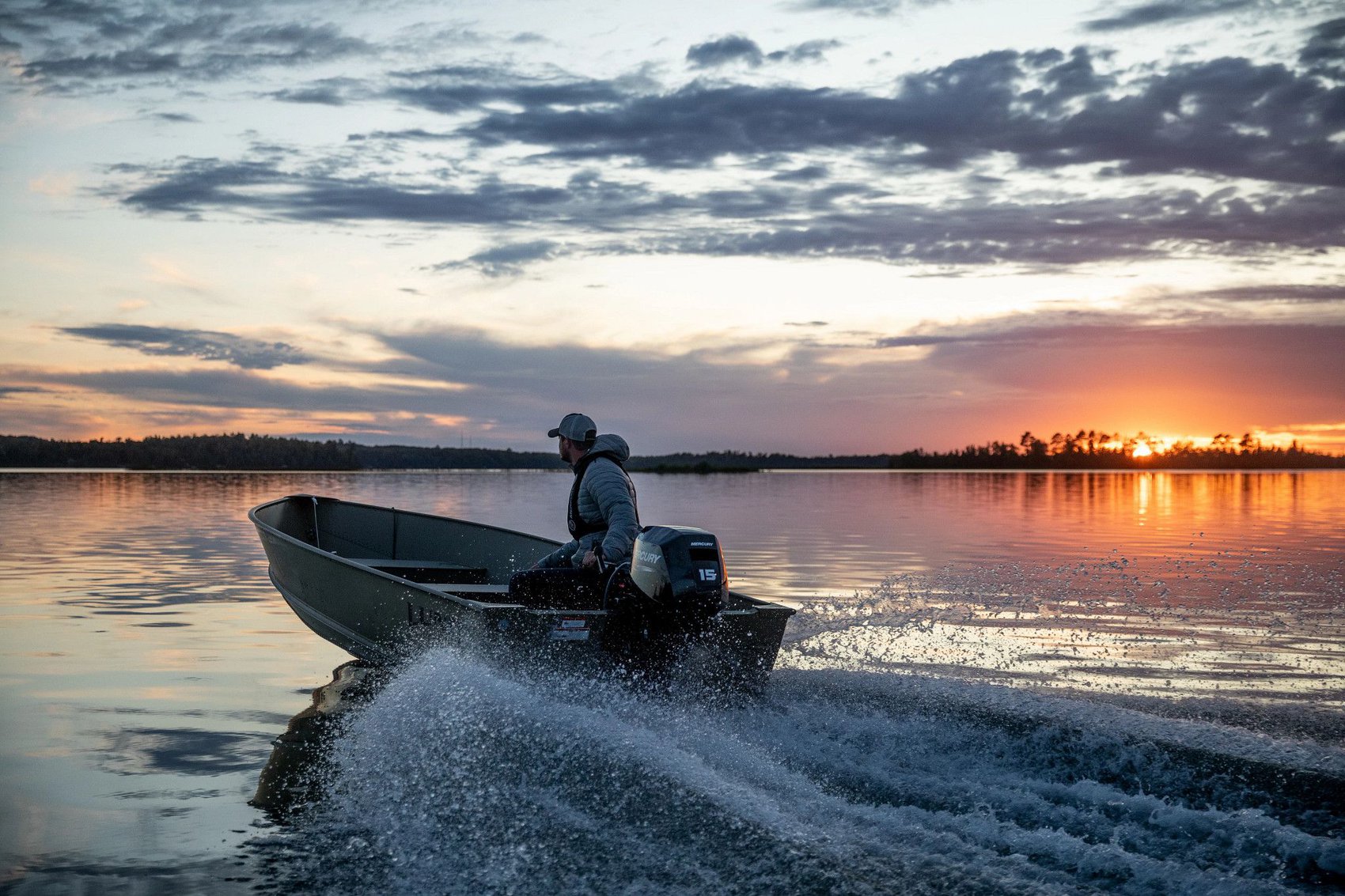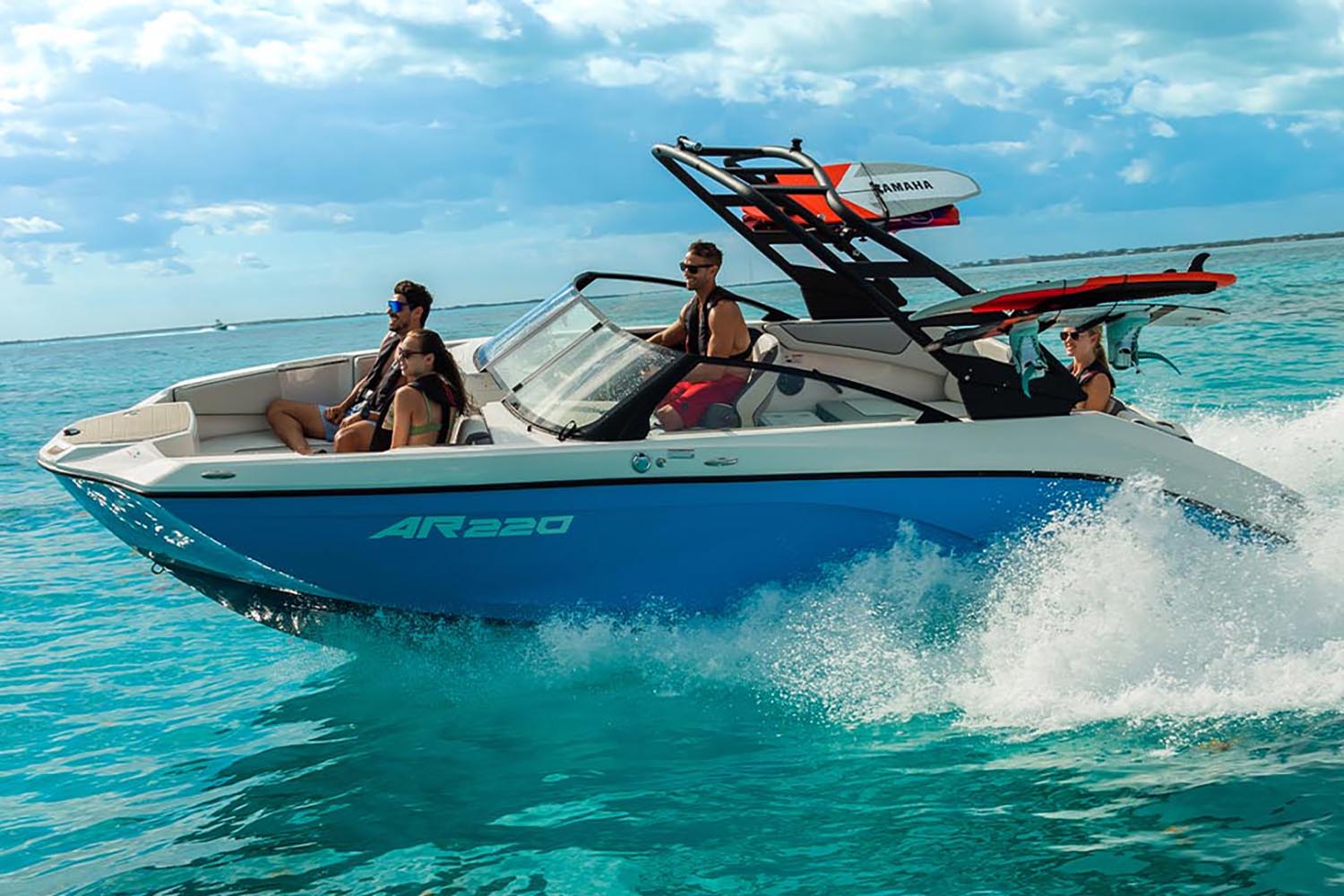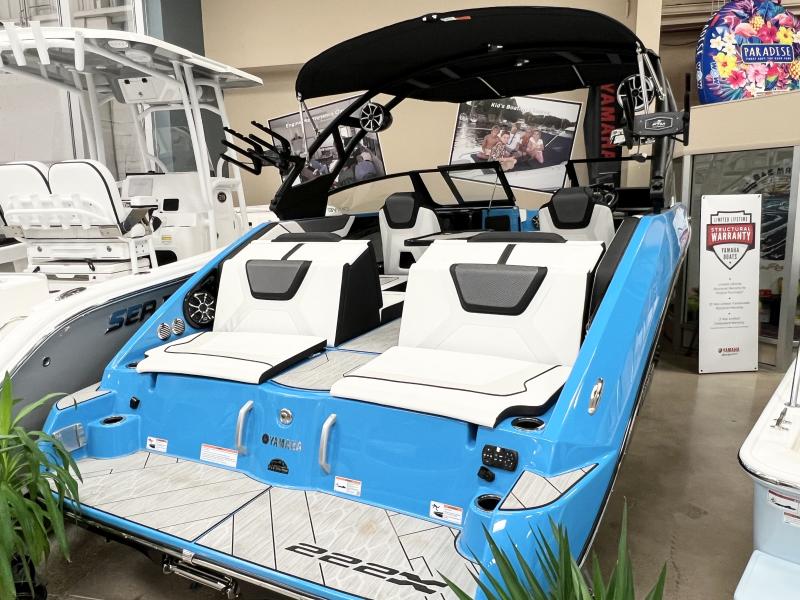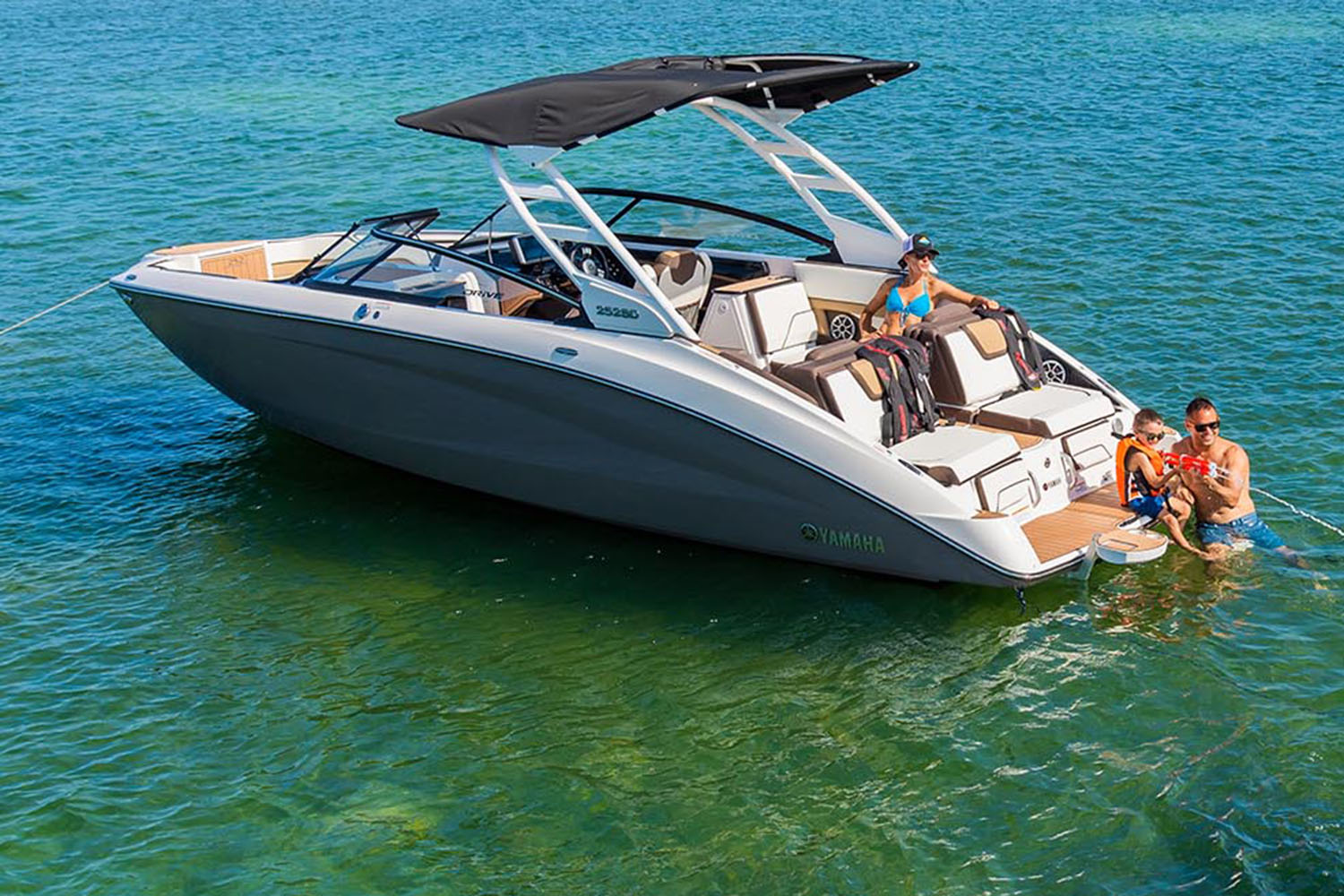Boating License TN: Essential Steps for Obtaining Your Permit
Boating is a popular recreational activity in Tennessee, attracting both residents and visitors to its vast waterways. To ensure the safety and enjoyment of all boaters, the state of Tennessee has established certain rules and regulations that must be followed, particularly regarding boating licenses. The Tennessee Wildlife Resources Agency (TWRA) is responsible for implementing and enforcing these regulations.
In the state of Tennessee, a boating license is required for individuals born after January 1, 1989, in order to operate a motorized boat. This requirement is in place to help maintain a safe boating environment for all users and to promote education and understanding of boating laws, safety regulations, and the responsible operation of vessels. Obtaining a boating license in Tennessee involves completing a boater education course and passing an approved boating safety exam.

Key Takeaways
- A boating license is required in Tennessee for individuals born after January 1, 1989
- Education and safety regulations are crucial for maintaining a safe boating environment
- A boater education course and safety exam are necessary to obtain a boating license in Tennessee
Understanding the Basics of Boating License in TN
Purpose of Boating License
A boating license is required for individuals born after January 1, 1989, to operate a boat with more than 8.5 horsepower in Tennessee waters. The primary goal of the boating license is to promote safety and ensure that operators have a basic understanding of boating rules, laws, and best practices while on the water. Obtaining a boating license is not only essential for safe and responsible boating, but it is also mandatory by Tennessee state law.

Relation with Tennessee Wildlife Resources Agency
The Tennessee Wildlife Resources Agency (TWRA) plays a critical role in the process of obtaining a boating license in Tennessee. TWRA is responsible for administering boating education courses and exams. These courses are designed to provide boaters with the knowledge and skills needed to navigate Tennessee's waterways safely.
To acquire a boating license, individuals must study the required materials, take an approved boating safety course, and pass a test administered by an approved representative of the TWRA. Furthermore, the Handbook of Tennessee Boating Laws and Responsibilities has been developed by the TWRA to assist prospective boaters in understanding the state-specific rules and regulations related to boating.
In summary, the Tennessee boating license serves an essential purpose in promoting safety and responsible boating practices. The TWRA is responsible for administering the required education, testing, and certification process, ensuring that boaters in Tennessee are well-equipped and knowledgeable to navigate the state's waterways safely.

Importance of Education and Regulations
Boating education and regulations play a crucial role in ensuring the safety of everyone on the water. In Tennessee, if you are a resident born after January 1, 1989, and operating a boat with more than 8.5 horsepower, you are required to obtain a boating education certification. This certification helps boaters gain essential knowledge on operating a boat safely and adhering to the state's laws and regulations.
The process of obtaining a boating education certification involves acquiring the study materials, learning the necessary information, and then taking an approved boating safety exam administered by an authorized representative of the Tennessee Wildlife Resources Agency (TWRA). The certification is not required if there is an adult (18 years old or older) on board to take immediate control of the boat.
Regulations are put in place to ensure the responsible use of Tennessee's waterways. These rules cover aspects such as boat registration, safety equipment requirements, navigation rules, and environmentally conscious practices. By learning and following these regulations, boaters contribute to a safer and more enjoyable experience for everyone on the water.
Education and adherence to regulations also assist in the prevention of accidents and mishaps. A well-informed and responsible boater is more likely to recognize and avoid potential hazards, react appropriately in emergencies, and help ensure the safety of other waterway users.
In conclusion, boating education and regulations are essential components of responsible boating in Tennessee. They help create a safe and enjoyable environment for all water enthusiasts, promoting a culture of safety and environmental stewardship on the state's beautiful waterways.

Different Types of Vessels
Boats
Boats are a broad category of watercraft designed for various activities such as transportation, recreational activities, and fishing. They can be powered by engines, sails, or human effort. These vessels come in different shapes, sizes, and materials, such as aluminum, fiberglass, and wood.
Sailboats
A sailboat is a type of vessel that uses the wind for propulsion through the use of sails. Sailboats vary in size and design, from small dinghies to large yachts. They are characterized by the presence of a mast, boom, and sail(s) to harness wind power and propel the boat forward.
Canoes
Canoes are a type of small, lightweight boat that are typically propelled by paddles or oars. They have an open cockpit and can accommodate one to three people. These vessels are often used for leisurely trips, fishing, and exploring calm rivers, lakes, and coastal waterways.
Personal Watercraft
Personal watercraft (PWC) are small, motorized vessels designed for one to three people. They are used primarily for recreational purposes and are typically powered by a jet drive, which propels water through a nozzle at the rear of the craft for propulsion. Examples of PWCs include jet skis and sea-doos.
Kayaks
Kayaks are small, narrow watercraft designed to be propelled by a person using a double-bladed paddle. They have a closed cockpit and are ideal for navigating rivers, lakes, and coastal areas. Kayaks are often utilized for recreational purposes, such as exploring, fishing, and touring.
Motorboats
Motorboats are vessels powered by engines, usually internal combustion engines fueled by gasoline or diesel. They range from small, simple outboard-powered boats to large yachts with multiple engines. Motorboats are used for various activities, including recreational boating, fishing, and water sports.
Rowboats
Rowboats are small, non-motorized vessels that are typically propelled by oars. They have a simple and sturdy design, often made of wood, aluminum, or fiberglass. Rowboats are commonly used for leisure, fishing, and exercise on calm bodies of water, such as lakes and ponds.

Tennessee Boating Laws and Safety
Safety Rules for Boating
In Tennessee, boater safety is regulated by the Tennessee Wildlife Resources Agency (TWRA). The state has implemented mandatory boating education laws, similar to driver's license requirements. Individuals must study, acquire necessary materials, and then take an approved boating safety exam administered by an approved TWRA representative.
Tennessee boating laws require recreational boaters to adhere to certain safety rules. For instance, life jackets must be worn by all children under 12 years old and be readily available for all other passengers on board. Moreover, proper vessel lighting is essential for safe navigation and must be displayed between sunset and sunrise, during periods of restricted visibility, and when anchored in specific situations.
Alcohol and Boating
Operating a boat under the influence of alcohol or drugs is strictly against Tennessee law. Boaters are subject to blood alcohol content (BAC) limits similar to those for operating motor vehicles on land. In Tennessee, the legal BAC limit for boaters is 0.08% for adults and 0.02% for minors below 21 years of age. Penalties for violating these limits can include fines, imprisonment, and suspension or revocation of boating privileges.
Nighttime Navigation
Navigating at night requires extra caution and adherence to specific navigation rules. Tennessee boating laws mandate proper lighting for vessels operating between sunset and sunrise. Boaters must display red and green sidelights, as well as a white stern light and, if applicable, a white masthead light. These lights help indicate the boat's size, type, and navigational status, allowing other vessels to determine their course of action to avoid collisions. In addition, boaters are encouraged to maintain a safe speed, keep a proper lookout, and use charts or electronic navigation aids to ensure safe nighttime navigation.

Boating License Application and Essentials
Applying for a Boating License
Obtaining a boating license is essential for individuals born after January 1, 1989 who wish to operate a boat with more than 8.5 horsepower in Tennessee waters without the supervision of a licensed adult 1 . The process for acquiring a boating license in Tennessee is similar to obtaining a driver's license. Applicants should start by studying the necessary materials and then take an approved boating safety exam administered by an approved representative of the Tennessee Wildlife Resources Agency (TWRA)2.
Tennessee residents can apply for their boating license online through the TWRA Online website where they can also find detailed information on the rules and regulations affecting boaters in the state.
Boating Safety Education Certificate
A Tennessee Boating Safety Education Certificate is required for those who need a boating license. To obtain this certification, individuals must successfully complete an approved boating safety course and pass the required exam3.
The boating safety education courses cover a wide range of topics, such as boating laws, navigation rules, safety equipment, boat handling, and more. Courses can be taken online, in-person, or through home-study options3. Upon completion of the course and passing the exam, the certificate serves as proof of an individual's compliance with Tennessee's boating safety education requirement.
It is important for all boaters to familiarize themselves with the rules and regulations in Tennessee to ensure a safe and enjoyable experience on the water.

Boater's Education and Exam
Preparation for Exam
The Tennessee Boater's Education and Exam process aims to provide boat operators with sufficient knowledge and skills to navigate waters safely. Those born after January 1, 1989, and operating motorized boats over 8.5 horsepower are required to obtain a boating safety certification. The first step in preparing for the boating safety exam is to gather study materials and review them thoroughly. The study guide covers essential topics such as waterway navigation and boating safety.
Online Course and Study Guide
Tennessee offers an online course to help residents prepare for the boating safety exam. The course contains relevant information on boating regulations, boat handling, and required equipment. By taking the online course, participants can learn at their own pace and convenience. The course structure includes::
- Easy-to-understand lessons
- Interactive quizzes
- Progress tracking
It is important to note that, upon completing the online course, participants must still take an approved boating safety exam administered by an approved representative of the Tennessee Wildlife Resources Agency (TWRA).
Exam Fee Information
Before taking the boating safety exam, applicants need to acquire a Type 600 Boating Safety Exam Permit. This permit can be purchased at any TWRA license agent for a fee. The permit serves as a voucher for the exam and should be presented to the proctor at the time of testing.
Remember that successfully completing the boating safety exam is essential to become certified and legally operate a boat in Tennessee with more than 8.5 horsepower.

Boat Registration in Tennessee
Process of Boat Registration
In Tennessee, the boat registration process is essential for most watercraft operating within the state. It is important to note that the requirements may vary slightly between counties, so contacting the local county clerk's office for county-specific instructions is advised. Generally, online and in-person registration options are available. The process requires the submission of necessary documents, payment of fees, and adherence to guidelines set by the Tennessee Wildlife Resources Agency4.
Hull Identification Number (HIN)
The Hull Identification Number (HIN) is a unique identifier assigned to every boat. It is crucial to have this number when registering your boat in Tennessee. The HIN serves a similar purpose to a vehicle identification number (VIN) in that it helps authorities track and identify stolen boats or those involved in accidents. Additionally, the HIN is necessary for ensuring compliance with safety regulations and aids in determining the ownership history of a boat3.
Bill of Sale and Sales Tax
A bill of sale is an essential document during boat registration in Tennessee. This document not only proves ownership of the boat but also contains important information such as the boat's make, model, year, and hull identification number1.
In addition to submitting a bill of sale, registering a boat in Tennessee also requires the payment of sales tax. Sales tax rates may vary between counties, so it is essential to check the local tax rate when preparing for registration. Failure to pay the required sales tax may result in penalties or delays in boat registration2.
In conclusion, registering a boat in Tennessee involves multiple steps, including providing the necessary documentation, paying sales tax, and adhering to state regulations. For a smooth registration process, be sure to familiarize yourself with the specific requirements and procedures in your county.

Frequently Asked Questions
What are the requirements for a Tennessee boating license?
To obtain a Tennessee boating license, residents born after January 1, 1989, must complete a boating safety exam administered by an approved representative of the Tennessee Wildlife Resources Agency (TWRA). The mandatory boating education law is similar to the driver's license law, where you study using provided materials and then take the exam.
Where can I take the boating license test in TN?
You can take the boating license test at approved locations throughout Tennessee. Use the TWRA's website to find a boating safety course near you.
How long does it take to obtain a boating license in TN?
The timeframe for obtaining a boating license in TN depends on how quickly you complete the study materials and pass the boating safety exam. There is no specified time limit, so you can study at your own pace.
At what age do you no longer need a boating license in TN?
You are required to have a boating license in TN if you were born on or after January 1, 1989. If you were born before this date, you do not need a boating license.
Can teenagers drive a boat in Tennessee?
Yes, teenagers can drive a boat in Tennessee if they have successfully passed the boating safety exam and obtained the TWRA-issued Boating Safety Education Certificate. However, if a teenager does not have a boating license, an adult (18 years old or older) must be on board to take immediate control of the boat, according to the boating education law.
Are there practice tests available for TN boating license?
Practice tests for the TN boating license are not specifically mentioned on the TWRA website. However, you can either contact the TWRA for additional resources or search online for third-party practice tests to help you prepare for the boating safety exam.
Footnotes
- https://www.dmv.org/tn-tennessee/boat-registration.php ↩ ↩2
- https://www.tn.gov/content/dam/tn/twra/documents/boating/TN-Boating-Handbook.pdf ↩ ↩2
- https://www.tn.gov/twra/boating/regulations-and-safety-concerns.html ↩ ↩2 ↩3
- https://www.dmv.com/tn/tennessee/boat-registration ↩
Charlie is Editor-in-Chief of Sea Magazine